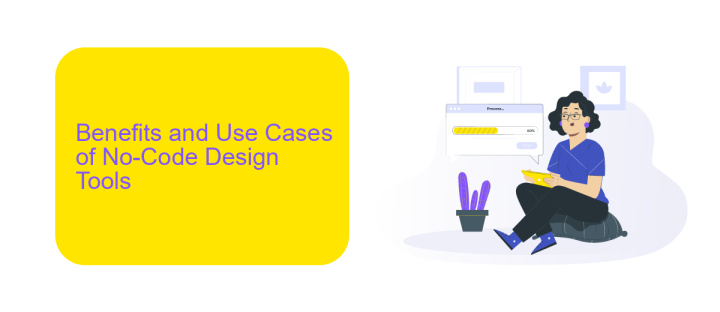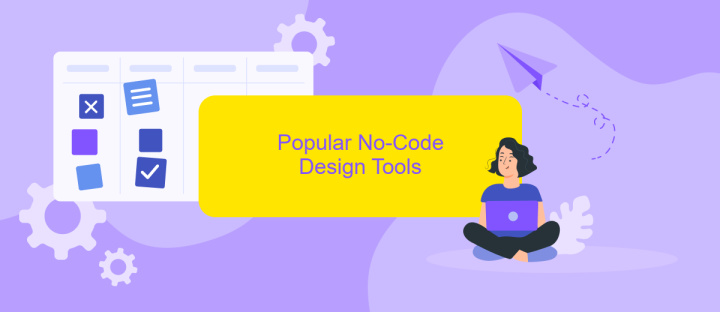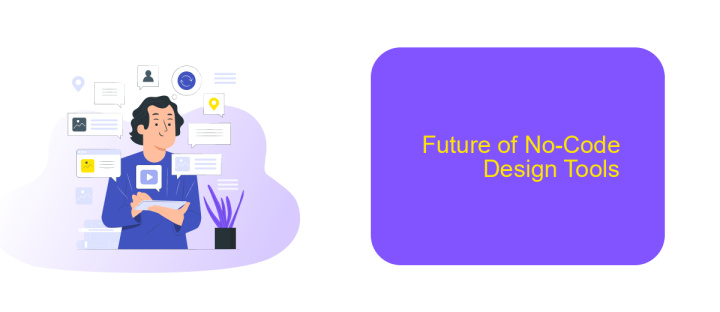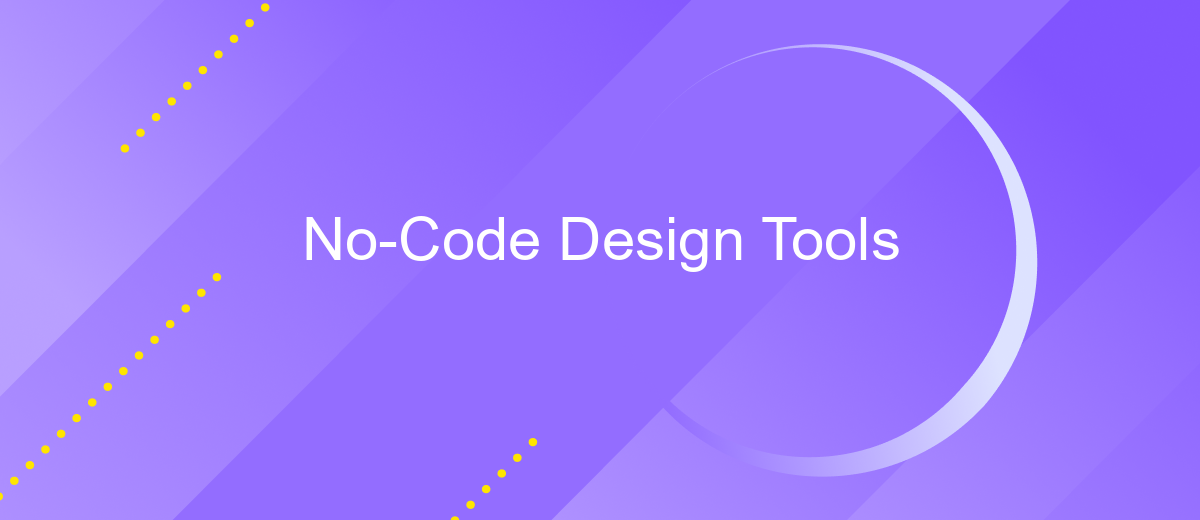No-Code Design Tools
In today's fast-paced digital landscape, no-code design tools have revolutionized the way we approach web and app development. These innovative platforms empower individuals without coding expertise to create professional-grade designs, streamlining workflows and democratizing the design process. From entrepreneurs to seasoned designers, no-code tools are transforming creative possibilities and making sophisticated design accessible to everyone.
Introduction to No-Code Design Tools
No-code design tools have revolutionized the way individuals and businesses approach web and app development. These tools empower users to create functional and aesthetically pleasing digital products without the need for extensive coding knowledge. By leveraging intuitive interfaces and pre-built components, anyone can bring their design ideas to life quickly and efficiently.
- Drag-and-drop interfaces for easy design customization
- Pre-built templates and components to accelerate development
- Seamless integration with other tools and services
- Cost-effective solutions for small businesses and startups
One of the key advantages of no-code design tools is their ability to integrate with various services effortlessly. Platforms like ApiX-Drive facilitate these integrations, allowing users to connect their no-code designs with other applications and automate workflows. This not only streamlines the design process but also enhances the overall functionality of the final product.
Benefits and Use Cases of No-Code Design Tools

No-code design tools offer a multitude of benefits, making them indispensable for both novice and seasoned designers. These tools eliminate the need for extensive coding knowledge, allowing users to create professional-grade designs through intuitive drag-and-drop interfaces. This democratization of design empowers individuals and small businesses to develop high-quality websites, mobile apps, and other digital products without the hefty cost of hiring specialized developers. Additionally, no-code tools often come with built-in templates and customization options, significantly reducing the time required to bring ideas to life.
The use cases for no-code design tools are vast and varied. They are particularly useful for creating MVPs (Minimum Viable Products) quickly, enabling startups to test and iterate their ideas with minimal investment. E-commerce businesses can leverage these tools to design and launch online stores swiftly. Furthermore, integrating various services has become easier with platforms like ApiX-Drive, which facilitate seamless connections between different applications, enhancing workflow automation. Educational institutions and non-profits can also benefit by using no-code tools to build engaging websites and apps, thereby improving their outreach and operational efficiency.
Popular No-Code Design Tools

No-code design tools have revolutionized the way individuals and businesses create digital products by eliminating the need for extensive coding knowledge. These tools empower users to design websites, apps, and other digital interfaces with ease, using intuitive drag-and-drop interfaces and pre-built templates.
- Webflow: A powerful tool for designing responsive websites with a visual interface, offering extensive customization options.
- Figma: A collaborative design tool that allows teams to work together in real-time, ideal for UI/UX design.
- Bubble: Enables users to create web applications without coding, featuring a robust set of design and logic tools.
- ApiX-Drive: Facilitates the integration of various services and applications, streamlining workflows without the need for coding.
- Adalo: Focuses on building mobile applications with a user-friendly interface and a variety of pre-made components.
These tools not only democratize the design process but also significantly reduce development time and costs. By leveraging no-code platforms like ApiX-Drive for integrating various services, users can further enhance their productivity and create seamless digital experiences. Whether you're a seasoned designer or a beginner, these tools provide the flexibility and functionality needed to bring your ideas to life.
Future of No-Code Design Tools

The future of no-code design tools looks incredibly promising as technology continues to evolve. These tools are becoming more sophisticated, enabling users to create complex designs without any programming knowledge. This democratization of design allows more people to bring their creative visions to life.
One significant trend is the integration of artificial intelligence and machine learning. These technologies can assist in automating repetitive tasks and providing design suggestions, making the design process faster and more efficient. Additionally, the rise of collaborative platforms is making it easier for teams to work together in real-time, regardless of their geographical location.
- Enhanced AI and machine learning capabilities
- Real-time collaboration tools
- Expanded integration options with services like ApiX-Drive
- Increased focus on user experience and accessibility
As no-code design tools continue to advance, they will likely incorporate more features that cater to the specific needs of various industries. With platforms like ApiX-Drive, users can easily integrate different applications, streamlining their workflows and enhancing productivity. The future holds immense potential for these tools to revolutionize the way we approach design.
- Automate the work of an online store or landing
- Empower through integration
- Don't spend money on programmers and integrators
- Save time by automating routine tasks
Conclusion
No-code design tools have revolutionized the way we approach digital creation, enabling individuals without technical expertise to bring their ideas to life. These tools democratize design, making it accessible to a broader audience and fostering innovation across various industries. By removing the barriers of coding, they empower users to focus on creativity and functionality, enhancing productivity and collaboration.
Moreover, integrating these no-code tools with other services can significantly streamline workflows. For instance, platforms like ApiX-Drive facilitate seamless integration between various applications, automating data transfer and synchronization. This not only saves time but also ensures accuracy and consistency across different systems. As the landscape of digital design continues to evolve, the adoption of no-code tools and integration services will undoubtedly play a crucial role in shaping the future of design and development.
FAQ
What are No-Code Design Tools?
Can I integrate No-Code Design Tools with other software?
Are No-Code Design Tools suitable for professional use?
Do I need any technical skills to use No-Code Design Tools?
How secure are the projects built with No-Code Design Tools?
Apix-Drive is a universal tool that will quickly streamline any workflow, freeing you from routine and possible financial losses. Try ApiX-Drive in action and see how useful it is for you personally. In the meantime, when you are setting up connections between systems, think about where you are investing your free time, because now you will have much more of it.


